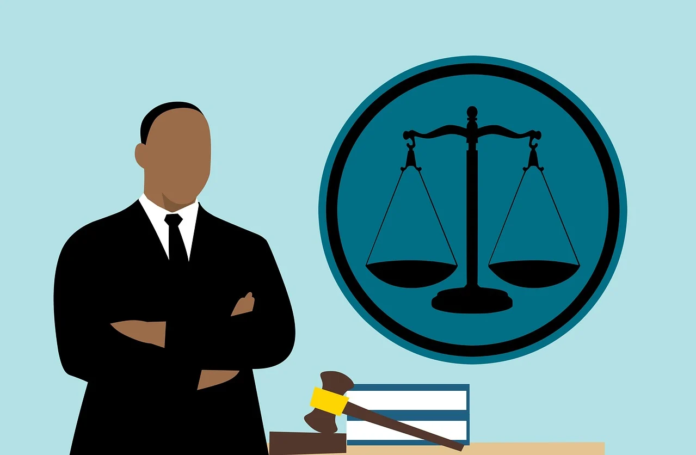Introduction to Jurisprudence
Jurisprudence encompasses the collective body of judicial decisions and rulings that have accrued over time. These decisions, rendered by courts and judges, not only interpret existing laws but also establish legal precedents. In essence, jurisprudence forms a corpus of principles and rules that guide the application and resolution of similar cases in the future.
Construction of Jurisprudence
Jurisprudence evolves as courts address specific cases. Each judgment not only resolves the immediate dispute but also contributes to the evolution and development of legal precedent. These precedents become essential tools for lawyers, judges, and anyone involved in the legal system.
Purpose and Importance of Jurisprudence
Jurisprudence serves several fundamental roles:
- Interpretation of the Law: It provides interpretations and clarifications of laws and regulations.
- Establishment of Precedents: It sets legal precedents that serve as reference points in similar cases.
- Development of Law: It contributes to the evolution of the legal system over time.
- Consistency and Equity: It aims to ensure that judicial decisions in similar cases are equitable and consistent.
- Guidance for Legal Professionals: It guides lawyers and judges in arguing and deciding cases.
Types of Jurisprudence
Jurisprudence manifests in various types, each with specific characteristics and related to a particular legal domain:
- Constitutional Jurisprudence: Focuses on the interpretation of the Constitution and establishes precedents for constitutional cases.
- Civil Jurisprudence: Addresses disputes between individuals or private entities, establishing principles in civil matters.
- Criminal Jurisprudence: Deals with criminal cases and establishes guidelines for the interpretation of criminal laws.
- Labor Jurisprudence: Deals with matters related to employment and labor relations.
- Administrative Jurisprudence: Focuses on disputes related to public administration and the actions of government entities.
The Determining Role of Jurisprudence in Decision-Making
Jurisprudence plays a crucial role in legal decision-making and directly influences how cases are addressed and laws are applied. Some key areas where jurisprudence is pivotal include:
- Legal Certainty: It provides a predictable framework for judicial decisions, fostering confidence in the legal system.
- Adaptation to Social Changes: It allows the legal system to adapt to social changes, reflecting the evolution of norms and values.
- Efficient Dispute Resolution: Access to jurisprudence enables legal professionals to anticipate outcomes and guide clients toward effective solutions.
- Alignment with Legal Principles: It contributes to the coherence of the legal system by aligning with fundamental legal principles.
- Ethical and Technological Challenges: With technological advancements, jurisprudence addresses emerging ethical and legal challenges, such as online privacy and artificial intelligence.
Conclusion
In conclusion, jurisprudence is a cornerstone in the construction and evolution of law. Its influence extends across different legal branches, providing an interpretative and resolution framework that underpins the administration of justice. Understanding jurisprudence is relevant not only for legal professionals but also offers valuable insights for those seeking to comprehend how laws are formed and applied in society.


